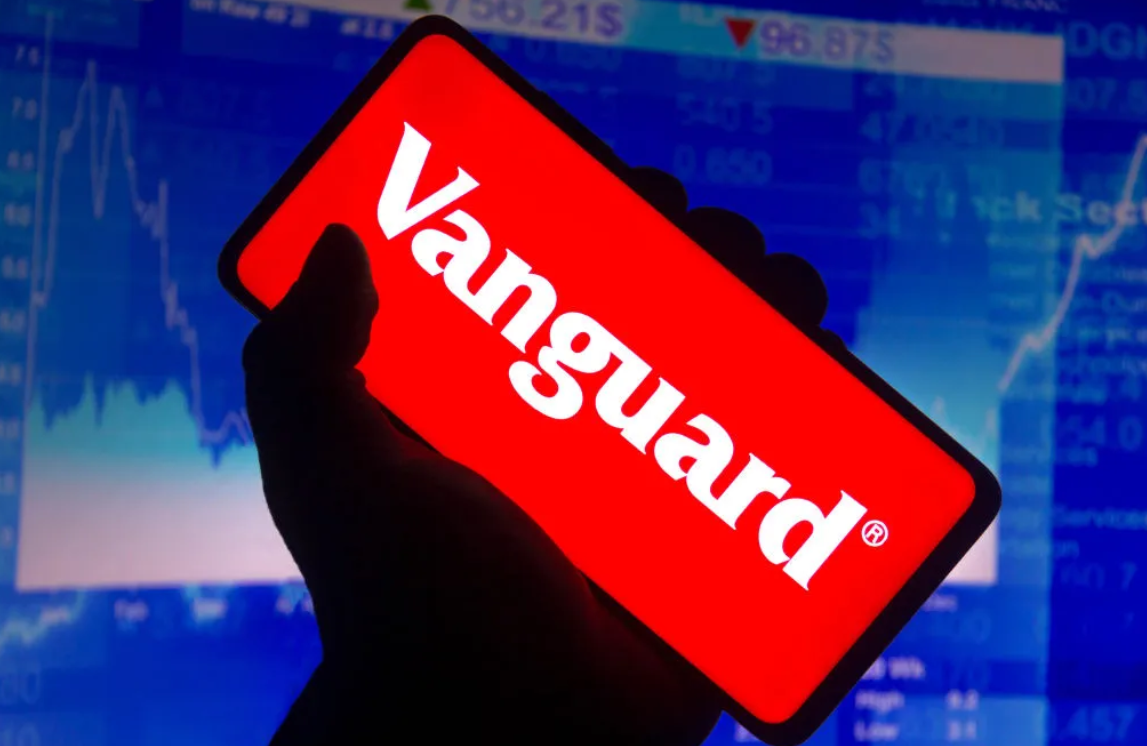Introduction:
Choosing between Vanguard exchange-traded funds (ETFs) and Vanguard mutual funds is an important decision for investors. Both options offer distinct advantages and features. In this article, we will compare Vanguard ETFs and Vanguard mutual funds to help you make informed investment choices.
Vanguard Mutual Funds:
Vanguard is renowned for its low-cost mutual funds. Here are some key features of Vanguard mutual funds:
- Active and Passive Management:
Vanguard offers a wide range of mutual funds, both actively managed and passively managed (index funds). This provides investors with flexibility based on their preferred investment style.
- No Minimum Investment:
Many Vanguard mutual funds have no minimum investment requirement, making them accessible to a broad range of investors.
- Automatic Investment Options:
Investors can set up automatic investment plans, contributing a fixed amount regularly, which can be a convenient way to invest consistently over time.
- Tax Efficiency:
Vanguard is known for its tax-efficient mutual funds, designed to minimize capital gains distributions, which can have tax advantages for long-term investors.
Vanguard ETFs:
Vanguard ETFs also offer unique features and benefits:
- Intraday Trading:
ETFs trade throughout the day at market prices, allowing investors to buy or sell at any time the market is open. This contrasts with mutual funds, which are traded at the day’s closing net asset value (NAV).
- Low Expense Ratios:
Vanguard ETFs are known for their low expense ratios, which can make them cost-effective investment options.
- Tax Efficiency:
Like Vanguard mutual funds, Vanguard ETFs are also designed for tax efficiency. The creation and redemption process of ETF shares can help minimize capital gains distributions.
- Diversification:
Vanguard ETFs provide instant diversification as they hold a portfolio of assets. This can be beneficial for investors looking to spread risk.
Choosing the Right Option:
Selecting between Vanguard ETFs and mutual funds depends on your investment goals and preferences. Consider the following factors:
- Investment Horizon:
If you have a long-term investment horizon and prefer automated contributions, Vanguard mutual funds may be a better choice. If you want the flexibility to trade intraday or execute market orders, ETFs could be more suitable.
- Trading Flexibility:
If you’re an active trader who wishes to make quick, intraday moves, ETFs offer more flexibility. Mutual funds are typically traded once per day at the closing NAV.
- Costs:
Both Vanguard ETFs and mutual funds offer low expense ratios, but ETFs might have a slight edge in this area.
- Tax Considerations:
If you’re concerned about taxes, it’s worth comparing the tax efficiency of specific Vanguard ETFs and mutual funds. Certain ETFs might be more tax-efficient for your situation.
Conclusion:
Ultimately, whether Vanguard ETFs or mutual funds make better investments depends on your unique financial goals and investment style. Vanguard provides excellent options in both categories, and your choice should align with your time horizon, trading preferences, costs, and tax considerations. Consider consulting with a financial advisor to ensure you make the right choice based on your individual circumstances.










